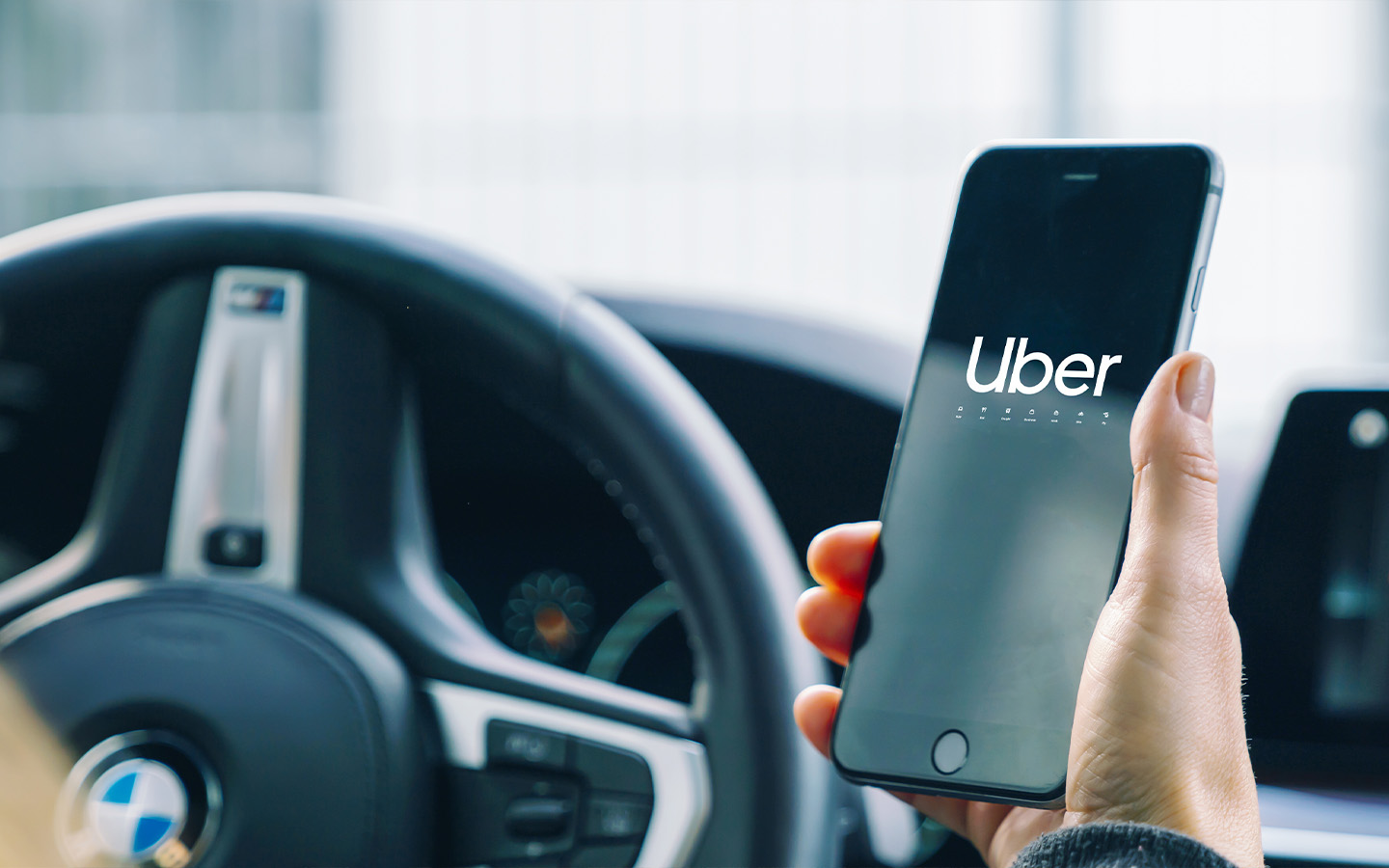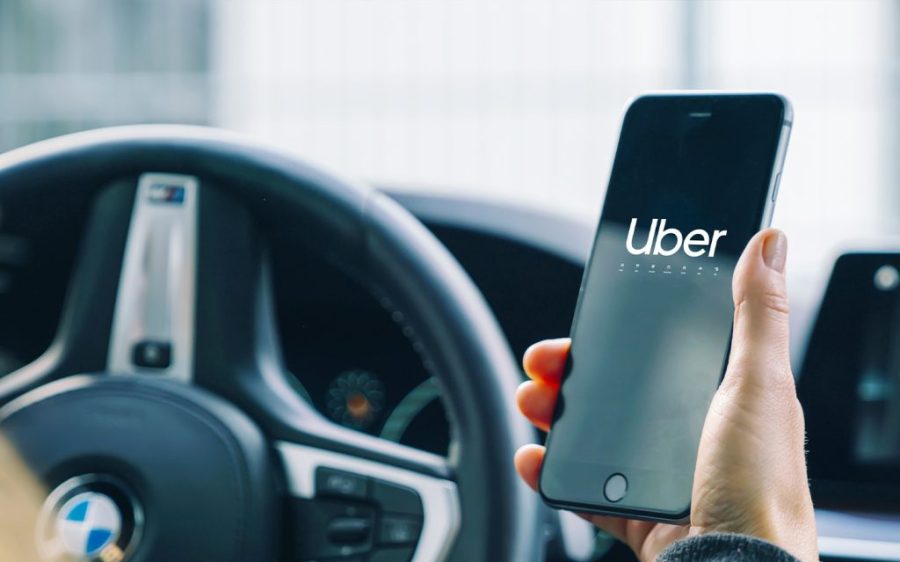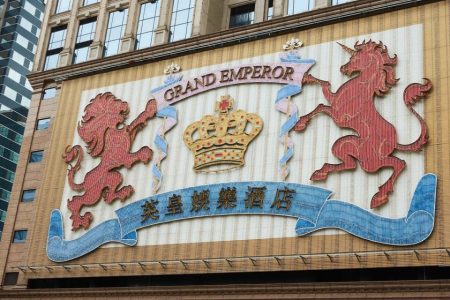A glimmer of hope has been raised for deeply frustrated residents and visitors, with lawmaker Ron Lam motioning for a debate in the Legislative Assembly on the legalisation of ride-hailing services in Macao.
Unlike the rest of China, and most countries in Asia, ride hailing platforms like Uber, Didi or Grab are illegal in Macao, forcing people to rely on the city’s woefully small taxi fleet and resulting in long wait times for taxis.
According to figures cited by Lam, there were a mere 1,501 taxis in Macao as of 31 March, servicing a resident population of nearly 700,000 people – or roughly one taxi for every 463 residents. A daily influx of 100,000 tourists or more during major holidays adds to the pressure.
Lam told TDM that Macao had an “increasing” need for ride hailing services, given the post-pandemic resurgence in tourism
[See more: Macao can forget about being an international destination until it fixes its taxi problem]
“I have been receiving a lot of complaints from the public about the taxi service in Macao for many years and when it comes to a solution we can consider online ride hailing platforms,” he told the broadcaster, describing services such as Uber, Didi or Grab as “very effective.”
The lawmaker added that the existing online booking service operated by local taxi companies, and the number of taxis themselves, were ‘insufficient to meet local demand.”
Hundreds of taxi licences are also due to expire soon, and while the government has authorised 500 new taxi licences these will only come into effect next year and the government admits that they may not be enough to meet demand.
Uber announced its decision to withdraw from Macao in 2016 after spending millions of patacas fighting a costly regulatory battle to stay in business in the SAR.






